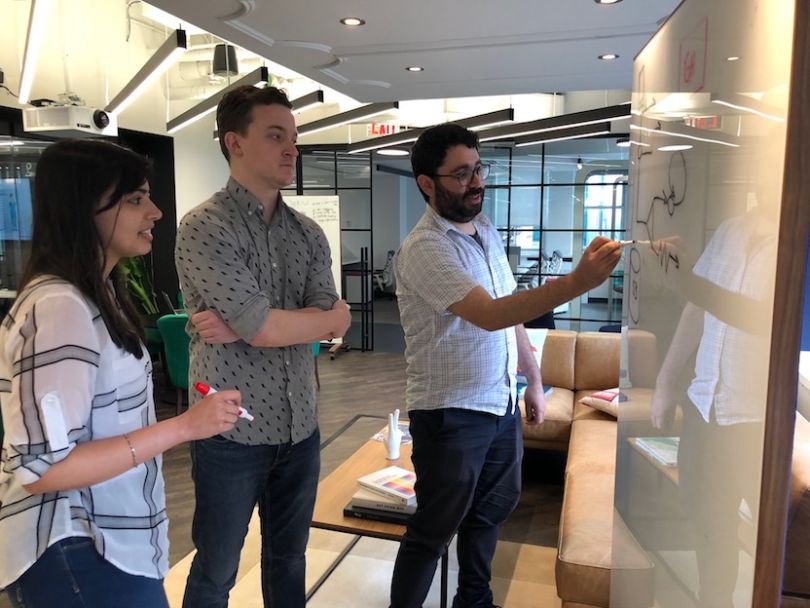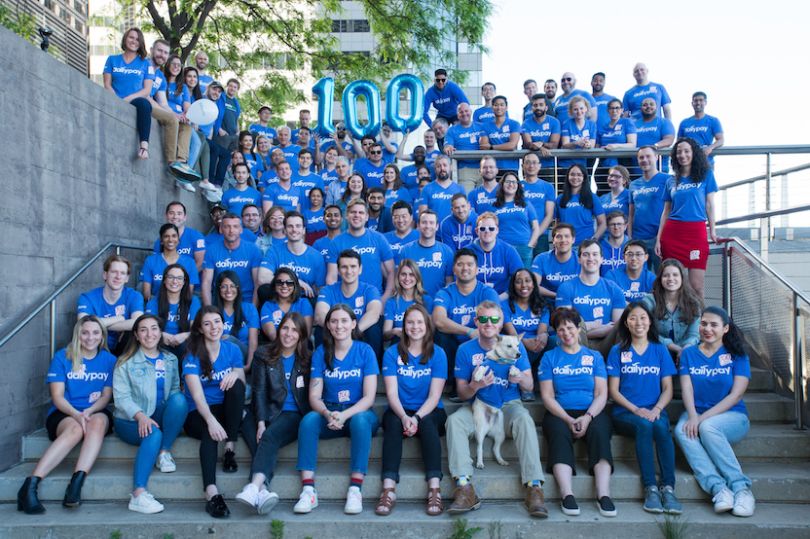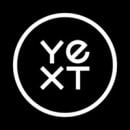Culture can make or break a person’s decision to join a company, no matter how great the role or salary. We spoke with five NYC tech professionals, who identified a number of cultural traits they look for when determining whether or not they want to join a company’s team. Read on to see how they measure up.

Software company Yext prioritizes diversity and inclusion, and organizes employee resource groups to make sure their culture reflects those values. Enablement Operations Associate Hailey Whipple gave us more details.
How is your company culture here different from what you’ve experienced at previous companies?
Yext stands out from the crowd because it genuinely believes that diversity is important to the company’s success. Its different ERGs — including Empower, the women’s group that I serve as VP of Operations for — are proof of that. But while some companies might embellish their diversity initiatives, Yext actually makes sure that ERGs like Empower have an executive sponsor, meet regularly and have the time and resources to put on talks with special guest speakers, volunteer events and more. This culture lets me know from the beginning that I have the freedom to be 100 percent myself.
Why is that important for someone in your role?
I’m responsible for making sure all internal enablement at Yext is rolled out on time. In a growing company, the only thing we can count on is change, so it’s important for my team to work well under pressure and show up as the best versions of ourselves. Luckily, Yext’s culture is steeped in employee wellbeing, with a committee dedicated to providing physical and mental wellness events like group yoga to help us succeed. At the end of the most hectic weeks, my team can count on decompressing and hanging out together over the pizza that Yext orders every Friday.

If you guessed that a big part of Grubhub’s culture revolves around food, you’re right. Software Engineering Team Lead Omar Delarosa described how lunch time is special at their office.
How is your company culture here different from what you’ve experienced at previous companies?
One thing that distinguishes Grubhub’s culture from that of other places where I’ve worked is the strong sense of community in our office. Folks from every role and team often congregate in the pantry and eat together, along with frequent networking opportunities and officewide events. I’ve met so many people from all across the company over lunch, where we’ll trade tips about the best spots around our Bryant Park office to order from on Seamless — Grubhub’s brand in New York City — or recipes to check out for the rare times I bring food from home. Lunchtime is very social here and allows me to connect with coworkers and reset for the rest of the day.
Why is that important for someone in your role?
Being able to casually chat during lunch is not only a nice break from looking at code, but it’s a great way to meet people that you otherwise wouldn’t. Having this daily opportunity to build bridges to a variety of people in the company helps me better understand our business and approach my projects with a broader, more informed perspective. In my role, since I work with a variety of people across the company, it’s nice to have a moment like, “Oh we’ve totally had lunch before!” any time I work with someone on another team.

Fintech company DailyPay built a culture around collaboration — something that VP of Product Kevin Phillips says is crucial in their industry. He explained more.
How is your company culture here different from what you’ve experienced at previous companies?
DailyPay’s culture is more open, collaborative and team-orientated than any company I’ve worked for. Everyone is always willing to help and provide value anywhere needed. We’re constantly creating new cross-departmental initiatives that improve the product and lead to new ideas.
Why is that important for someone in your role?
To create an excellent product in a B2B2C company, it’s critical to work closely with all departments. Our product and industry is constantly growing, especially as we bring on more new and complex partners. We’re always looking for insight from all areas of our company to ensure we’re building and incorporating improvements in the right direction, with a strong focus on scalability.

Despite having offices around the globe, adtech company Outbrain operates as one single unit. Strategic Partner Director Jillian Goldman explained that it’s thanks to the company’s culture of shared goals.
How is your company culture here different from what you’ve experienced at previous companies?
Outbrain’s culture is extremely collaborative. This goes beyond my team to the various different departments, and even reaches globally. I had never previously seen employees go above and beyond to help one another succeed the way that they do at Outbrain. We care about working toward shared goals but, more importantly, we truly care about one another.
Why is that important for someone in your role?
In a client services role, it’s impossible to succeed without the rest of the company. The product, research and development, business intelligence, algorithms, business development, marketing, advertiser account executive teams and more all contribute to our ability to offer publishers incredible solutions.

For insurtech company Attune, it’s all about being your authentic self. The company’s values are ingrained in everything they do. Software Developer Jasmine Ahuja explained how they practice what they preach.
How is your company culture here different from what you’ve experienced at previous companies?
One of Attune’s values is “no costumes.” Everyone brings their whole self to work without fear of judgement, and everyone’s perceptions and ideas are valued. This isn’t a value that’s just written on a piece of paper — I can feel it in the culture. Part of my onboarding process was having one-on-one meetings with people from different parts of the company, and everyone I spoke to was friendly, smart and willing to answer any questions I had. The onboarding process helped me get an understanding of Attune as a whole, and it was a way of showing from the very beginning that we’re not just working for a single team — improving small business insurance is a company-wide effort.
Why is that important for someone in your role?
While writing code can be viewed as a solitary activity, building a high-quality software product is a collaborative effort. A lot of communication takes place, from the conception of a new feature to its release. During planning for Q3 within my team, we brainstormed ideas for ways we could improve our software and the software development process in the next quarter. I liked how it was an opportunity to just throw out ideas that would later be refined into a more solid plan. There are many ways in which Attune gives employees a platform to talk about areas that can use improvement, and I think this is a way to help make Attune’s culture and product as a whole the best it can be.








